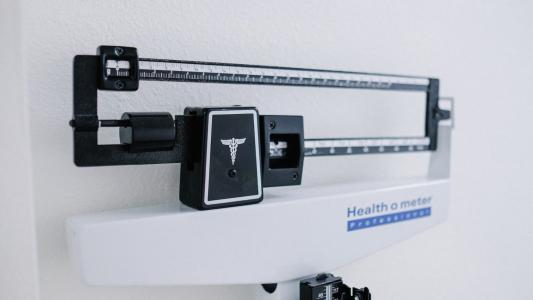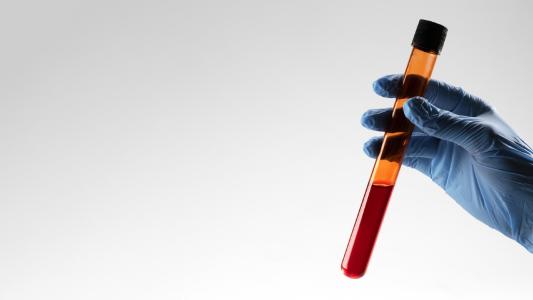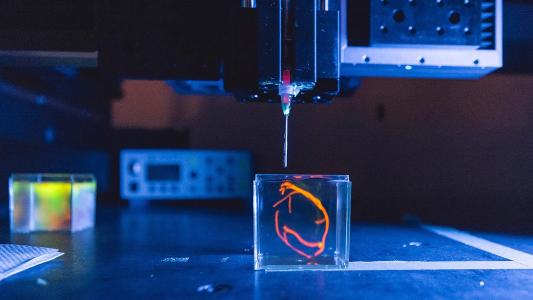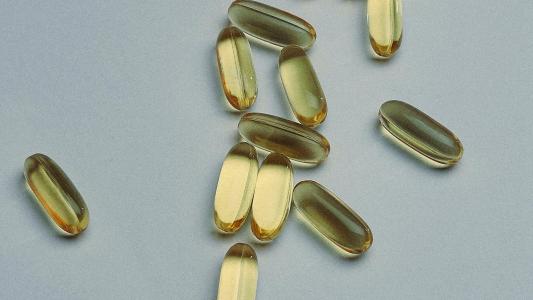Biology
Rancid food smells and tastes gross − AI tools may help scientists prevent that spoilage
A group of chemists are using artificial intelligence to extend the life of food products, by teaching AI models about rancidity.
What BMI can’t tell us about our health
Body mass index (BMI) continues to be the go-to tool for medical doctors and population researchers despite saying little about our health.
New weight loss drug acts like an “exercise pill”
A new candidate weight loss drug called SLU-PP-332 was found to boost muscular and aerobic endurance in mice.
“The twin boom”: why twinning is on the rise
Since the 1970s, the rate that twins are born has doubled in most developed countries. What caused this and is it going to change soon?
Exercise scientist explains what your daily step goal should be by your weight
Tracking daily step counts can be a useful tool for weight management, but only if you tailor it to your own body weight.
What the science really says about vitamin D deficiency
When is low vitamin D a potential concern? And when might you need to get your levels tested? Here's what the evidence says.
Why this startup is creating edible oil from sawdust
ÄIO's main goal is to replace palm oil with oil upcycled from low-value industry organics in order to prevent further deforestation.
Stanford plans to put a 3D-printed human heart in a pig by 2028
Using 3D bioprinting, scientists are trying to construct perfect replacements for damaged organs, bones, and tissues.
Ever wonder how your body turns food into fuel? We tracked atoms to find out
New research offers new way to understand our metabolism in unprecedented detail, identifying four distinct phases of the process.
What does the evidence say about omega-3 fats for heart disease, dementia, and arthritis?
Are fish oil supplements as good for preventing heart disease, dementia, and other health conditions as we think? Or is eating fish better?









